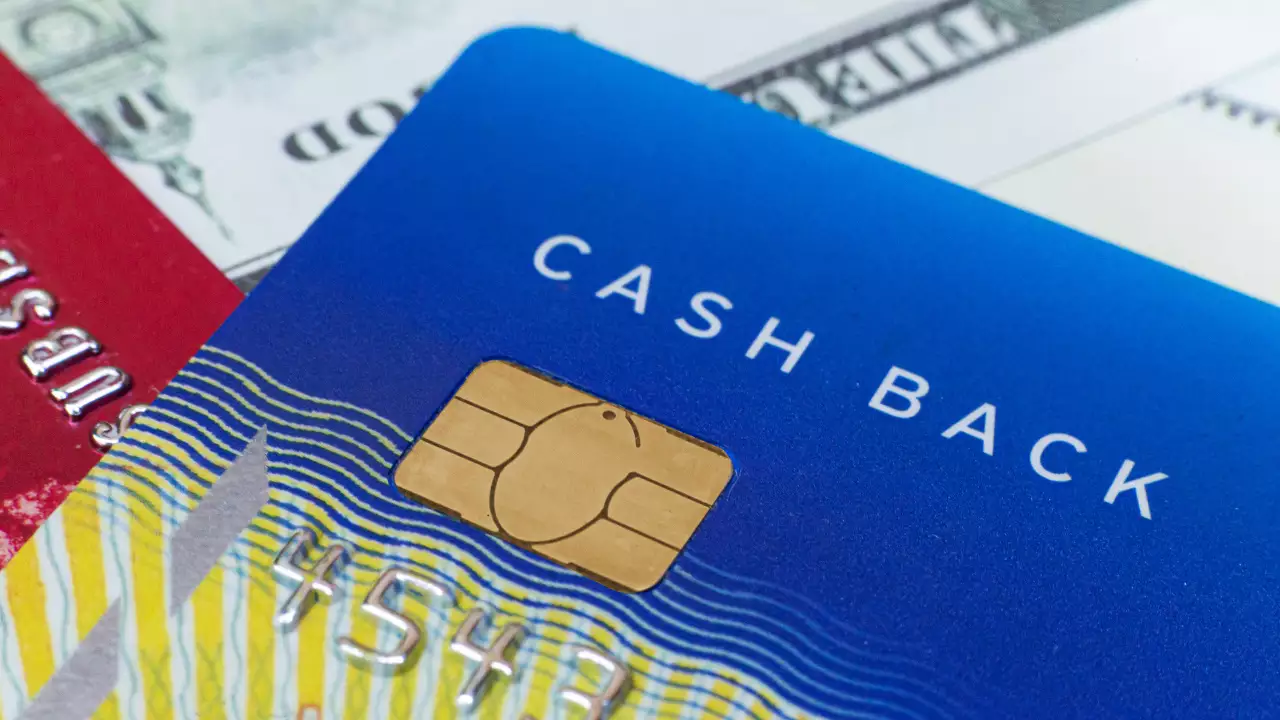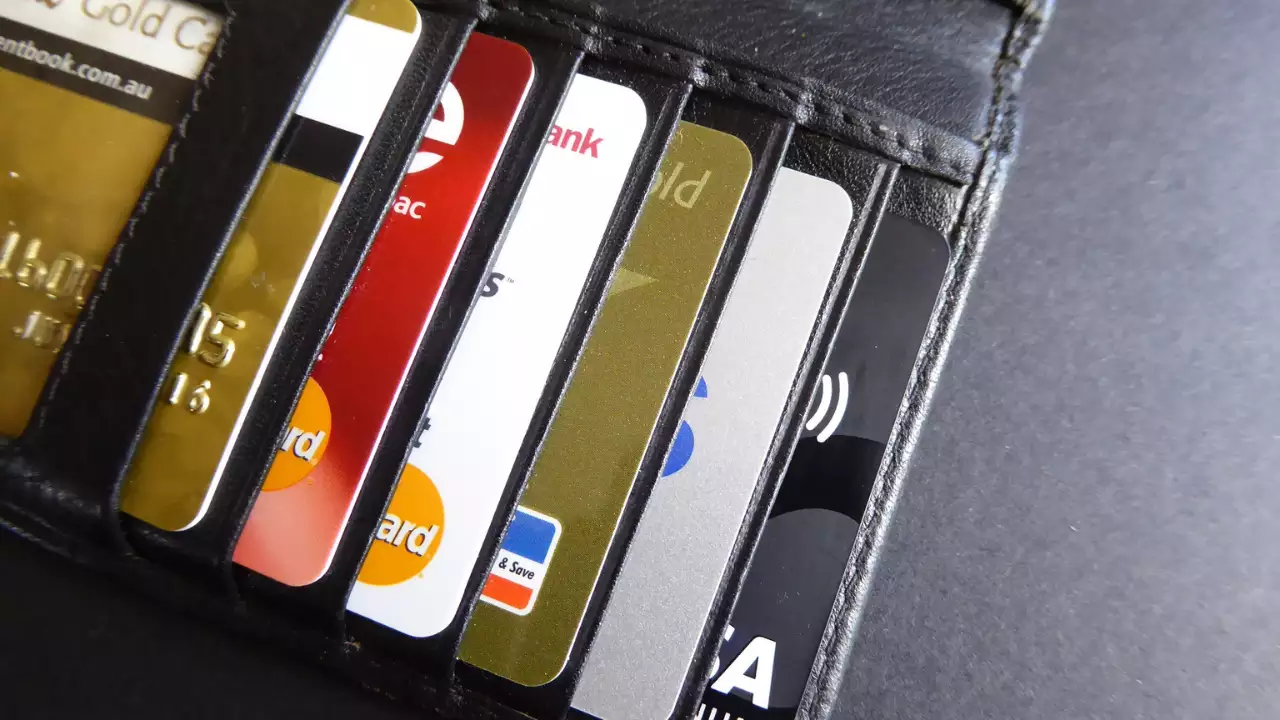Credit cards have become an integral part of everyday life for millions of people. Offering convenience, security, rewards and more, it’s no wonder they are so widely used for purchases large and small.
But with so many options out there, it can get confusing trying to determine what card is right for your needs.
This article provides a comprehensive overview of credit cards, including the major types, common features, fees to be aware of, and factors to consider when choosing a card.
Major Credit Card Networks

There are four major networks that provide the infrastructure for most credit cards – Visa, Mastercard, American Express and Discover.
Visa and Mastercard have the biggest reach, with Visa having over 3.5 billion cards in circulation worldwide. These two operate as open loop networks, meaning many different banks and financial institutions issue cards on these networks. They simply facilitate the transaction between cardholder and merchant.
American Express and Discover operate as both the network and the card issuer. So when you have one of their cards, they handle the entire transaction process themselves rather than going through intermediaries. While they have slightly less reach than Visa/MC, AmEx and Discover cards are still widely accepted.
Types of Credit Cards
There is a diverse range of credit cards out there, but most will fall into one of these major categories:
Unsecured vs Secured Cards
Most traditional credit cards are unsecured, meaning they don’t require any deposit or collateral to get. Your eligibility is based on your creditworthiness.
Secured cards require an upfront security deposit that usually becomes your credit limit. The deposit helps offset the risk for the issuer. Secured cards are easier to qualify for and help build credit.
Rewards Cards
Rewards cards offer incentives like cash back, points or miles for your spending. Popular sub-types include:
- Cashback – Get a percentage of purchases back as a statement credit or deposit into your bank account. Usually 1-2% back.
- Travel – Earn points/miles to redeem for travel purchases and upgrades. May include hotel stays and rental cars too.
- Premium – High-end rewards cards with luxury perks and benefits. Have annual fees but offer superior rewards and services.
Business Cards
Business credit cards are tailored specifically for small business spending needs. They offer benefits like employee cards, accounting tools, rewards on common purchases like shipping and advertising, and more.
Student Cards
Student cards are designed for those new to credit. They tend to have lower credit limits but don’t always require a credit history. Some may require proof of college enrollment. Student cards can help build credit responsibly.
Balance Transfer Cards
Balance transfer cards offer an intro 0% APR period, usually between 12-21 months. This allows you to pay down existing balances interest-free and save money. Balance transfers usually charge a one-time fee.
Retail Store Cards
Store credit cards include private label cards usable only at that retailer and its affiliates, and co-branded cards also usable outside that store everywhere major cards are accepted. Store cards often offer discounts and rewards for purchases at that retailer.
Features Common to Most Cards
While rewards and perks differ widely among credit cards, there are certain core features shared by most cards:
- Credit limit – The maximum you can charge on the card.
- APR – The annual percentage rate, which is the interest rate paid on balances carried over months.
- Grace period – The number of days you have to pay your balance before interest accrues. Usually around 25 days.
- Fees – Most cards have fees like an annual fee, balance transfer fee, cash advance fee or foreign transaction fee.
- Fraud protection – Protects against unauthorized charges. Required by federal law.
- Digital account access – Online or mobile apps to manage your account, check statements and more.
Overview of Specialized Card Types
In addition to the major categories discussed earlier, there are some more specialized credit card types including:
- Secured cards require an upfront security deposit that usually becomes your credit limit. They help build credit through responsible use.
- Charge cards differ from credit cards in that they require you to pay off your full balance each month rather than carrying over a balance. Common for premium cards.
- Premium/Super-premium cards offer high-end rewards and luxury travel benefits like airport lounge access, hotel elite status and concierge services. Have very high annual fees.
Credit Card Rewards and Benefits

Rewards cards make up a major segment of the credit card landscape today. Here’s an overview of popular rewards and benefits offered:
Rewards Overview
The main types of rewards offered include:
- Cash back – Get 1-6% back in cash rewards or statement credits on purchases. Usually tiered based on category.
- Points/Miles – Earn points or frequent flyer miles to redeem for travel, gift cards, statement credits and more.
- Hotel loyalty points/status – Some co-branded hotel cards offer free night awards, elite status upgrades and other loyalty perks.
Other Benefits
Other valuable benefits can include:
- Purchase protection – Covers new purchases for theft and damage, usually for 90-120 days.
- Extended warranty – Extends manufacturer’s warranty by a year or more on eligible purchases.
- Rental car coverage – Provides coverage for damage/theft when renting cars paid for with the card.
- Travel insurance – Trip cancellation/interruption insurance, lost baggage reimbursement, and other travel protections.
Premium Card Perks
The highest-end premium cards offer luxury benefits like:
- Airport lounge access – Entry to 1,300+ airport lounges worldwide.
- Concierge service – Personal assistant books travel, makes restaurant reservations, finds gifts and more.
- Elite hotel status – Automatic gold/platinum hotel loyalty status at major chains like Hilton and Marriott.
- Luxury travel upgrades – Complimentary room upgrades, on-property credits and more at top hotels.
Choosing the Right Card

With so many options, it can get overwhelming to determine what card is best for your needs. Here are some key factors to consider:
Key Factors
Consider your credit score, spending categories, annual fees and rewards goals when choosing a card:
- Credit score – A major factor determining if you’ll qualify and what APR/fees you get. Those with excellent credit get the best terms.
- Your spending – Find a card that aligns with your top spending categories like gas, groceries, travel, etc.
- Annual fees – Some cards have $100+ annual fees, so do the math to see if rewards outweigh costs.
- Rewards goals – Decide if you want straight cash back, travel perks or other rewards.
Best Cards by User Profile
Here are recommendations for cards based on different user profiles:
- Students – Student cards help build credit early. Top picks are the Discover Student Cash Back and Bank of America Travel Rewards for Students.
- Frequent travelers – The Chase Sapphire Preferred is a top travel card with $750 signup bonus, airport lounge access and 25% more travel redemption value.
- Small business owners – Ink Business Preferred offers cell phone protection, big signup bonus, and 3X points on shipping, internet, cable, and more.
- Families/grocery shoppers – Blue Cash Preferred Card from American Express gives 6% cash back at US supermarkets (up to $6,000/year).
Responsible Credit Card Use

While credit cards offer many benefits, it’s also important to use them responsibly by doing things like:
- Paying statement balances in full each month to avoid interest charges.
- Setting a budget for credit card spending so you don’t overspend.
- Understanding fees like foreign transaction fees that can really add up.
- Monitoring statements regularly for fraudulent charges or overspending.
- Building credit carefully with on-time payments over time rather than racking up debt.
Here is a summarized table of most common Credit Card Types for your reference:
| Type | Description | Example Cards |
|---|---|---|
| Rewards | Earn cashback, points or miles on purchases | Chase Sapphire Preferred, Citi Double Cash card |
| Cashback | Get a percentage of purchases back as cash rewards | Citi Double Cash card, Wells Fargo Active Cash card |
| Travel | Earn points/miles to redeem on travel purchases | Chase Sapphire Preferred, Capital One Venture card |
| Premium/Super-premium | High-end rewards and luxury benefits | AmEx Platinum, Chase Sapphire Reserve |
| Business | Special features for managing business expenses | Ink Business Preferred, Wells Fargo Business Platinum |
| Student | Helps students build credit responsibly | Discover Student Cashback, Bank of America Travel Rewards for Students |
| Balance Transfer | 0% intro APR to pay off existing balances | Citi Simplicity card, Chase Slate card |
| Secured | Requires refundable deposit, builds credit | Capital One Secured, Discover Secured card |
| Retail/Co-branded | Store-specific rewards and discounts | Amazon Prime Rewards Visa, Macy’s American Express card |
| Charge | Must pay full balance monthly, no carrying over balances | American Express Plum Card |
Conclusion
Credit cards have certainly evolved from a single Diners Club charge card in 1950 to the array of cash back, travel and premium card offerings we see today.
With so many types and features tailored to all kinds of spending – from students to small businesses to jet-setting travelers – there’s a useful card for everyone. Taking the time to evaluate your credit situation, spending habits and financial goals can help narrow down the countless options to just the right card.
Wield responsibly, credit cards can unlock convenience, security protections and even free vacations through rewards. We hope this comprehensive overview gives you clarity on the credit card landscape so you can find plastic perfect for your wallet.
1. What is the difference between Visa, Mastercard, American Express, and Discover?
The main difference lies in whether they operate as open loop networks used by many banks/issuers (Visa, Mastercard) or as the sole network and issuer for their cards (AmEx, Discover). Visa and Mastercard have wider acceptance, while AmEx and Discover manage the entire cardholder experience themselves.
2. Should I get a secured or unsecured credit card?
In general, unsecured cards are easier to qualify for if you have good credit, while those rebuilding credit may need a secured card. The security deposit for secured cards offsets risk and is usually refunded after responsible use.
3. How do I choose between money back, travel, or premium rewards cards?
Consider your main spending categories and rewards goals – if you spend heavily on groceries and gas, a cashback card makes sense. Frequent travelers are better off with a travel card, while premium cards with high annual fees provide luxury perks.
4. What fees should I watch out for with credit cards?
Look out for annual fees, balance transfer fees, cash advance fees, foreign transaction fees and penalty APRs if you risk missing payments. Understand these costs before signing up.
5. Why should students or small businesses consider specialized cards?
Student credit cards help build credit early with tailored terms, while small business cards offer tracking tools, rewards on ad/shipping expenditures, and protections like cell phone insurance.
6. What credit card perks offer the best travel benefits?
Premium cards like Chase Sapphire Reserve and AmEx Platinum offer airport lounge access, annual travel credits/rewards, hotel elite status, rental coverage, trip delay coverage and more.
7. How can I use credit cards responsibly?
Pay statement balances in full each month, create a credit card budget, understand fees, monitor statements for errors/fraud, and focus on building long-term credit health through on-time payments.
8. What factors should I consider when choosing a credit card?
Look at your credit score, typical spending categories, annual fees, interest rates, and rewards goals. Find alignment between your finances/habits and a card’s terms, fees, earnings rates and perks.
Sources:
https://time.com/personal-finance/article/credit-cards-types/
https://www.nerdwallet.com/article/credit-cards/types-of-credit-cards
https://www.capitalone.com/learn-grow/money-management/types-of-credit-cards/
https://www.usatoday.com/money/blueprint/credit-cards/what-are-the-different-types-of-credit-cards/
https://www.oneunited.com/blog/unsecured-cards-vs-secured-cards-5-things-you-need-to-know/